Mental health assessments are crucial elements in the diagnosis and management of mental health disorders. They assist healthcare experts examine an individual's psychological wellness and formulate appropriate treatment plans. This post will dig deep into the mental health assessment protocol, the processes involved, methods utilized, and regularly asked questions surrounding this important subject.
Mental health assessments are organized methods to collecting information about a person's mindset. These assessments are normally carried out by psychologists, psychiatrists, or trained mental health experts and incorporate a range of techniques to comprehend the private thoroughly.
The mental health assessment process typically includes the following parts:

Numerous standardized assessments are often employed in mental health evaluations:
| Assessment Tool | Function | Target Population |
|---|---|---|
| Beck Depression Inventory (BDI) | Measures the intensity of depression symptoms | Adults and adolescents |
| Hamilton Anxiety Rating Scale (HAM-A) | Assesses anxiety intensity | Adults |
| Mini-Mental State Examination (MMSE) | Evaluates cognitive function | General population |
| Patient Health Questionnaire (PHQ-9) | Screens for depression signs | Adults |
| Generalized Anxiety Disorder Scale (GAD-7) | Screens for generalized anxiety disorder | Adults |
The significance of comprehensive mental health assessments can not be overstated. They serve numerous essential functions:
The period of a mental health assessment can vary significantly, generally taking between one to two hours, depending upon the intricacy of the person's scenario.
Yes, mental health assessments are performed under confidentiality clauses to make sure that individual and sensitive info is protected.
While official preparation is not needed, being sincere about symptoms and being prepared to go over personal history will help your critic in understanding your mental health much better.
After the assessment, the clinician will discuss findings, suggest any necessary follow-up treatments or recommendations, and establish a customized treatment plan if required.
Definitely. Clients are encouraged to seek a consultation if they have issues concerning the findings of their assessment.
Mental health assessment procedures are vital in the landscape of mental healthcare. They include patient interviews, standardized assessments, observational techniques, and partnership with other health service providers to ensure a holistic view of a person's mental health. Comprehending this process not only debunks mental health assessments but empowers individuals to look for help and actively get involved in their mental health journey. By promoting awareness around mental health assessments, society takes critical strides toward destigmatizing mental health issues and promoting better health outcomes for all individuals.
Being notified about the assessment process can result in more effective engagement in treatment and a more profound understanding of one's mental health requirements. Through comprehensive assessments, the course to healing and well-being ends up being not just a possibility but a truth.
No Data Found!

